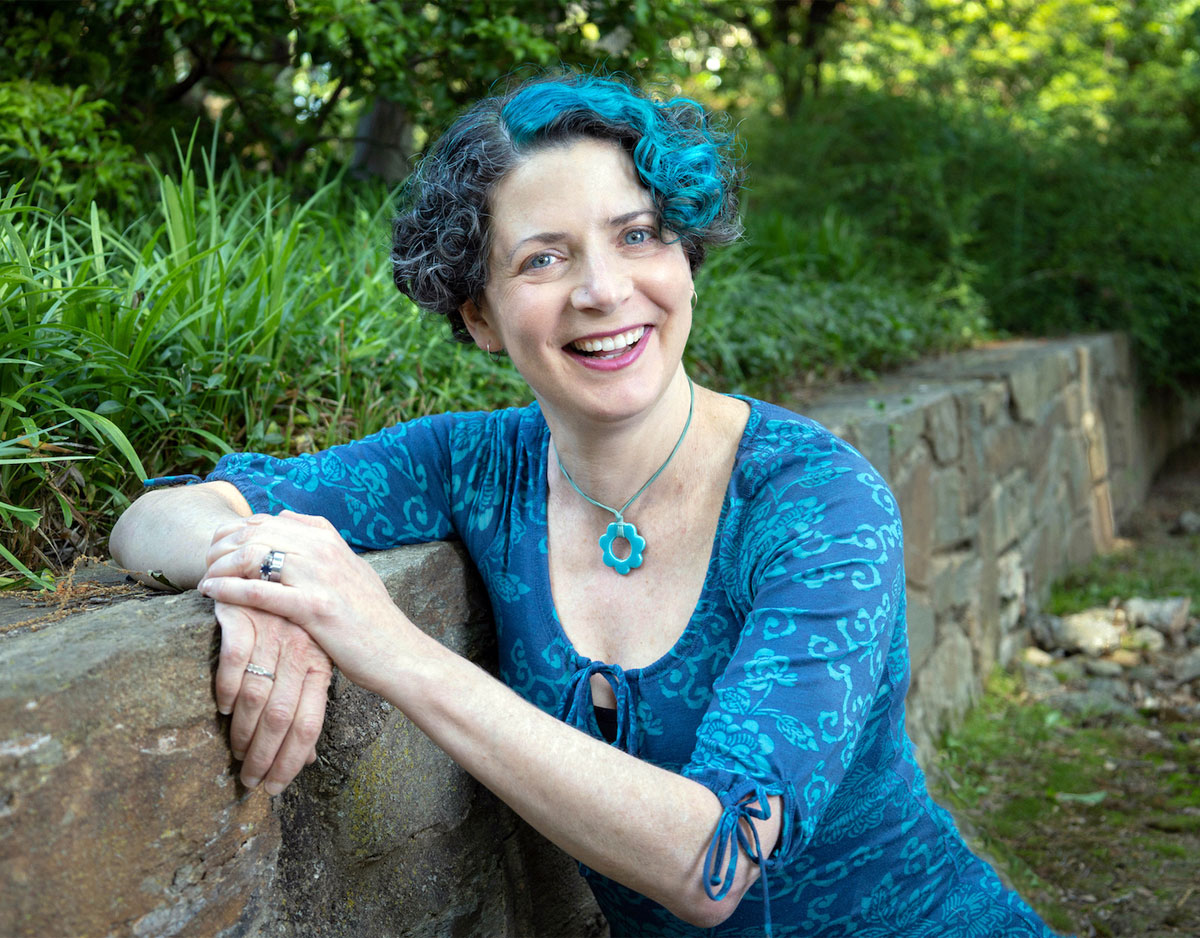My School Visit was Cancelled. I Fought Back and Won. | Opinion
A parent complaint about a nonbinary snail led a Virginia elementary school principal to cancel a visit by author Erica S. Perl. A former trial attorney, Perl offers a lesson in smart booking contracts and standing up to book and author challenges.
 |
Photo by Evy Mages |
As a children’s book author, I love a good mystery. Which is why, last month, after a Virginia elementary school principal abruptly cancelled my visit by email, with no explanation or interest in rescheduling or paying me, I decided to investigate.
It didn’t take Sherlock Holmes to figure out what had happened: a parent had complained because of a social media video I had made celebrating Pride month. In it, I mention that Snail, a character in my Whale, Quail, Snail early reader series (illustrated by Sam Ailey), is nonbinary. Most snails are. “It’s a fiction series,” I add, “but that’s a fact.”
A scientific fact. As many kids know, most snails have both male and female reproductive parts. Of course, so do most worms, which may be why the picture book Worm Loves Worm by J. J. Austrian and illustrated by Mike Curato has been banned or challenged in multiple states. Even non-animals aren’t safe: the nonfiction children’s book Tree by David Burnie was challenged by a school district in Florida, presumably for its information about plant reproductive systems with both male and female parts.
And Katherine Applegate had a community reading event cancelled following complaints about a nonbinary tree character in her book, Wishtree. All of which would strike me as ridiculous except there’s nothing funny about denying kids access to books or their authors. Or denying science, for that matter.
I wish I could tell you that my story ended amicably with the return of my visit to the school’s calendar. That’s not what happened.
No, I would not take the librarian's money
Instead, after I asked for my fee, the principal turned the matter over to the district’s lawyers. The principal then informed the school librarian, who booked my visit, that she might have to pay me out of her own pocket. I told her I would not take her money, no matter what happened. I was extra-outraged that the principal was threatening to make her pay for the “crime” of setting up an author visit.
But my story doesn’t end there. I’m not just a children’s book author. I’m also a former trial lawyer. So instead of walking away muttering about injustice, I spent some quality time with my contract.
That’s right, my author contract. Whenever I am invited to visit a school, my booking agent draws up a contract—and this visit was no exception. According to one clause, if an appearance is cancelled with less than 30 days notice, the school is required to pay my entire fee plus any non-refundable travel expenses. The principal had cancelled on me 28 days before my visit.
My contract also says that cancelling my visit due to book banning, or other objections based on my “race, sexual orientation, worldview, politics, cultural perspective, or any other factors” did not relieve the school of its financial obligations. And finally, my contract specifies that the contract is governed by the law of the state where I live, not the law of the state where the school is located. So if I wanted to sue for breach of contract, I could simply file papers in my local courthouse (no legal expertise or degree required!).
So, I did. Which is how I got to a different kind of happy ending: the school paid me my fee.
It’s not the win I wanted, because that would have had me standing in front of a gymnasium full of elementary school students. But it is a victory, as I see it, for all authors, especially in this current climate. It confirms that we are working artists who deserve protection from discriminatory politics and practices and must be paid under the terms of our contracts.
Ninety-nine percent of the time, you won’t need to go to court. I have been visiting schools for nearly 20 years, and this is the first time I have. But in this environment, I am so glad to have that protection.
To all librarians, my win says that you matter, too. So, while the school board’s decision to pay me fell far short of the best outcome, it honored the commitment the librarian made to me and validated her position.
Book and author challenges are not going away. But even Snail would agree that this is not a time to retreat into our shells.
In my case, one parent prevented an entire elementary school student body—over 400 kids—from having an author visit. That is a shame because, as any school librarian will tell you, author visits are transformative. In Kansas City last week, a boy lingered in my book-signing line to tell me all about the book series he’s writing himself. His librarian looked incredulous. After he left, she turned to me, “I’ve never heard him say more than two words.”
Erica S. Perl is the author of more than 40 books for young readers. She is also on the faculty of the Vermont College of Fine Arts MFA program in Writing for Children and Young Adults.
RELATED
The job outlook in 2030: Librarians will be in demand
The job outlook in 2030: Librarians will be in demand
ALREADY A SUBSCRIBER? LOG IN
We are currently offering this content for free. Sign up now to activate your personal profile, where you can save articles for future viewing






Add Comment :-
Be the first reader to comment.
Comment Policy:
Comment should not be empty !!!